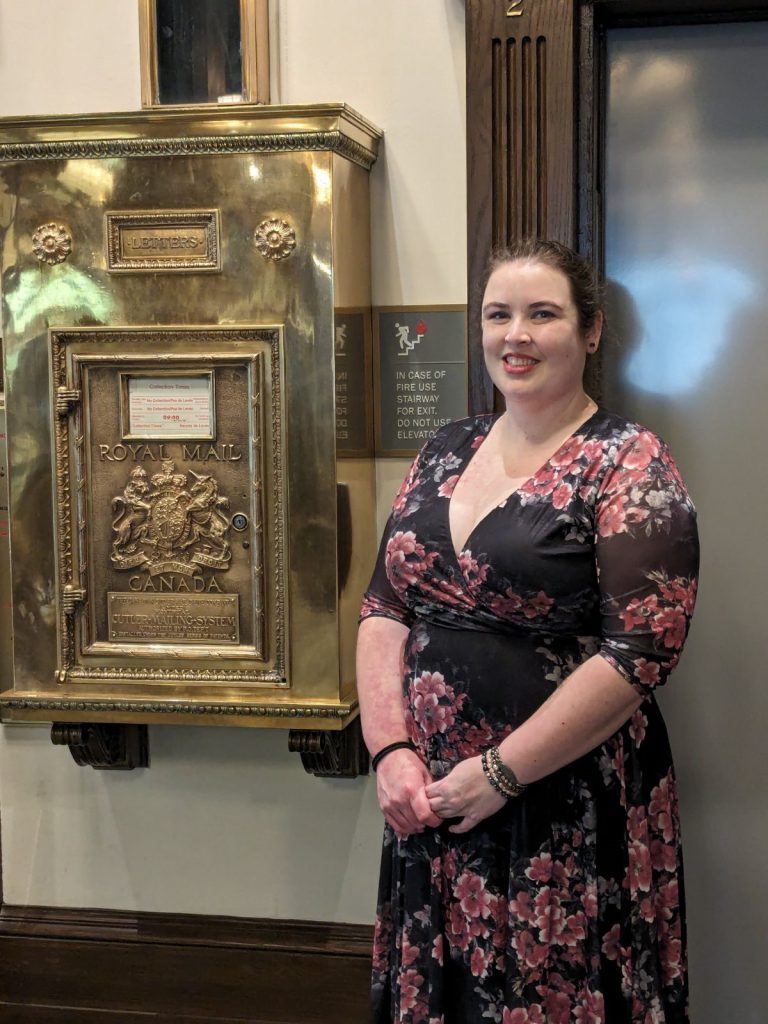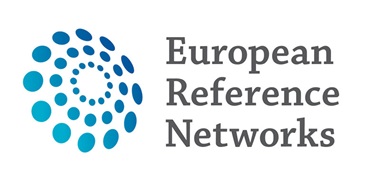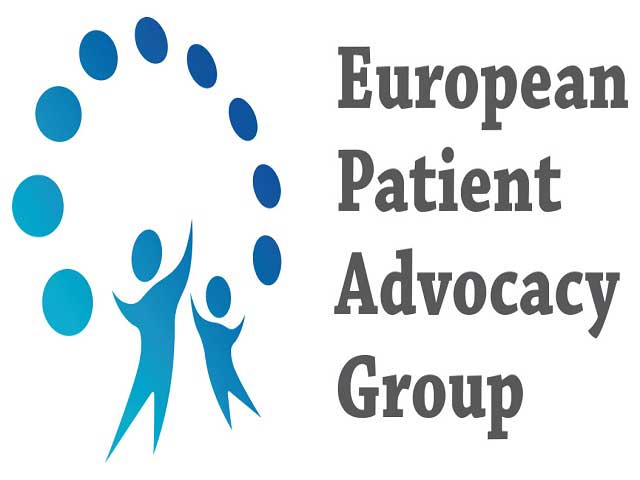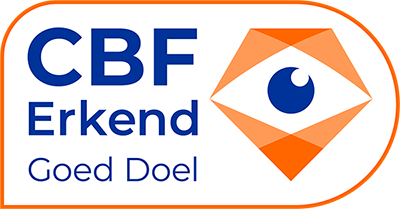First off, Happy Rare Disease Day 2024! Last month we delved into the realities of having people stare at or bizarrely interact with you because of a skin difference. The sad reality is, that when you have a visible difference, this is going to be a part of life, and having a few strategies to deal with it up your sleeves can help take away some of the menace of these interactions. As I mentioned last month, many conditions face similar struggles, I am just sticking with conversations regarding skin conditions as it is my lived experience.
We highlighted two general series of reactions last month, concern – generally positive, or disgust/ridicule – negative. Obviously, not all interactions and solutions can be discussed here and all interactions will be unique, these are just some examples I have dealt with that hopefully can provide some support or at least a feeling of validation.
Another critical aspect of any interaction with anybody, stranger or even close friend or family, is that you control how much information they get. If you don’t want to discuss the particulars of your case, they have no right to them. How I tend to start any interaction is with a check-in with myself about how much information I feel like giving this person, or how much they are entitled to. Honestly, this changes from day to day, even with the same people. I usually take the approach that no matter who I am talking to the goal is education, but if I am tired or had a treatment recently and just cannot bear the thought of going through everything again, I may make more reserved comments.
One common situation where I have just had laser and likely have had many people asking “What’s up with your face?” or “Are you okay?”, often I will default to something simple like yep, fine just had a treatment for a rare disease. This is useful, especially when the person is being rude, and I get the feeling that no amount of education about the condition will change the behaviour. If the person is showing concern then more information is usually provided, such as I am okay, I just had a laser treatment on my face removing a vascular birthmark from near my eyes. I find on days like this when you often have to constantly tell your story shorter, simple responses are your best friend, otherwise, I do tend to get frustrated.
When the barrage of comments is less and I am not faced with that overwhelmed feeling, I try and respond to the emotion behind the comments. When the interaction is one of curiosity or concern I take the time to explain I have a rare vascular malformation or a blood vessel birthmark depending on the vocabulary capabilities of who I am talking with, and that I have had this condition all my life. Usually, that is enough for the average stranger, they are happy with that response and don’t need any more information.

There are rare situations where someone is being rude but at the same time, you can tell once you start explaining that their attitude has changed. These I consider my golden moments the chance to teach someone some valuable information about rare diseases and maybe break through some of their judgment. Here is where I will give as much information as I am comfortable sharing and respond to questions genuinely.
The final group is people responding with concern or curiosity, kids and young people always sit in this category for me. Like the golden opportunity group, this is where I try to respond as detailed as I can with some patience. That’s not to say these interactions cannot be just as draining, especially with kids it can lead to questions you may not want to answer or just end up being longer than you imagined. The best advice I have is to have one or two topics you are willing to talk about and try to stick to those.
Overall, the most important advice is always that you get to set boundaries in every interaction, you control how much information any person or interaction gets. It’s okay to be defensive if the situation calls for that, some people are just never going to be worth the emotional energy it would take for them to understand. Finally, in my experience even though the cruel or harsh interactions are the ones that stay with you the longest, in my reality the vast majority of people are either concerned or curious and provide an incredible advocacy opportunity and a chance to maybe help someone else with a diagnosis one day. These interactions may not stay with you, but have the opportunity to greatly impact someone else.






